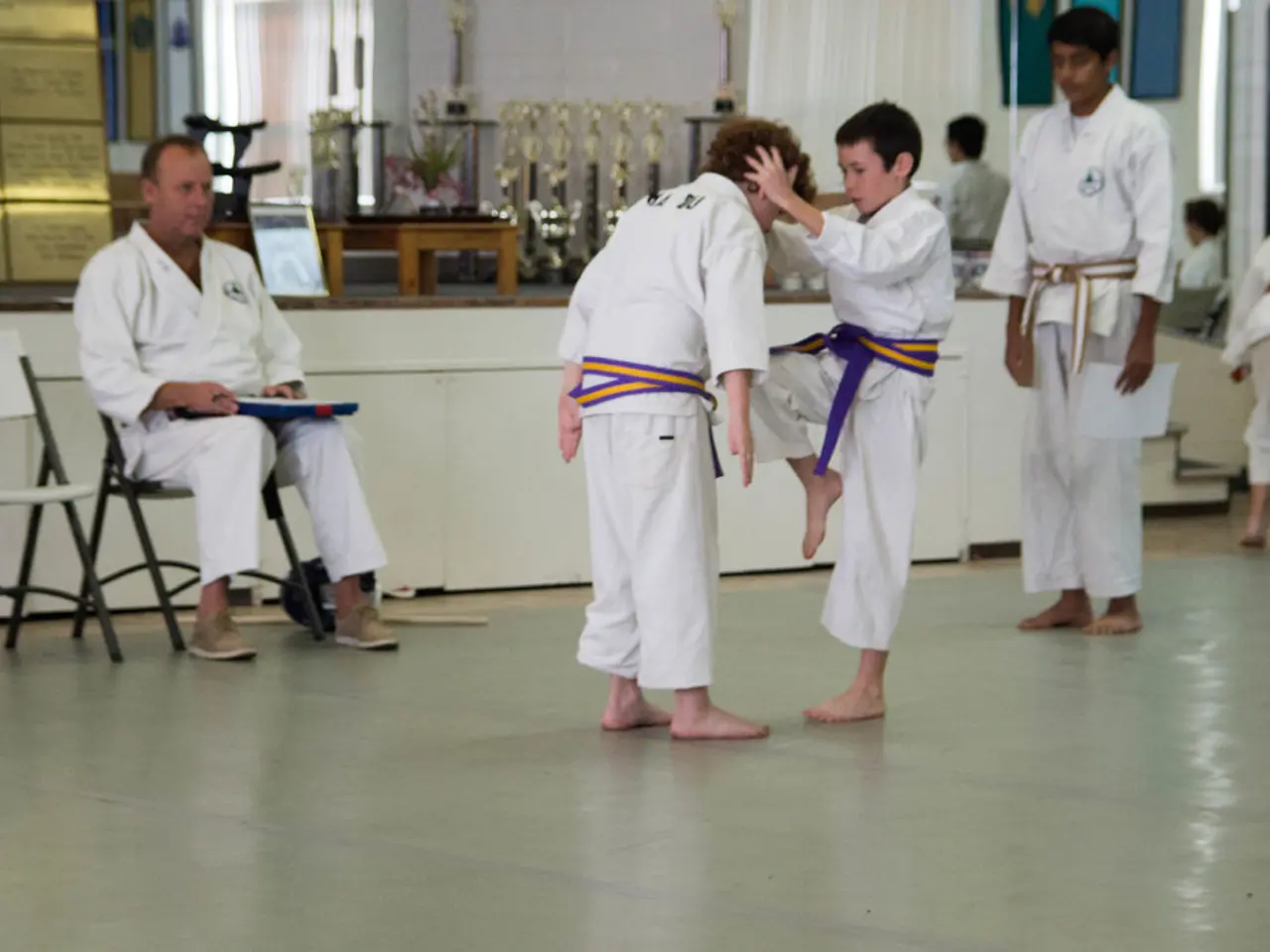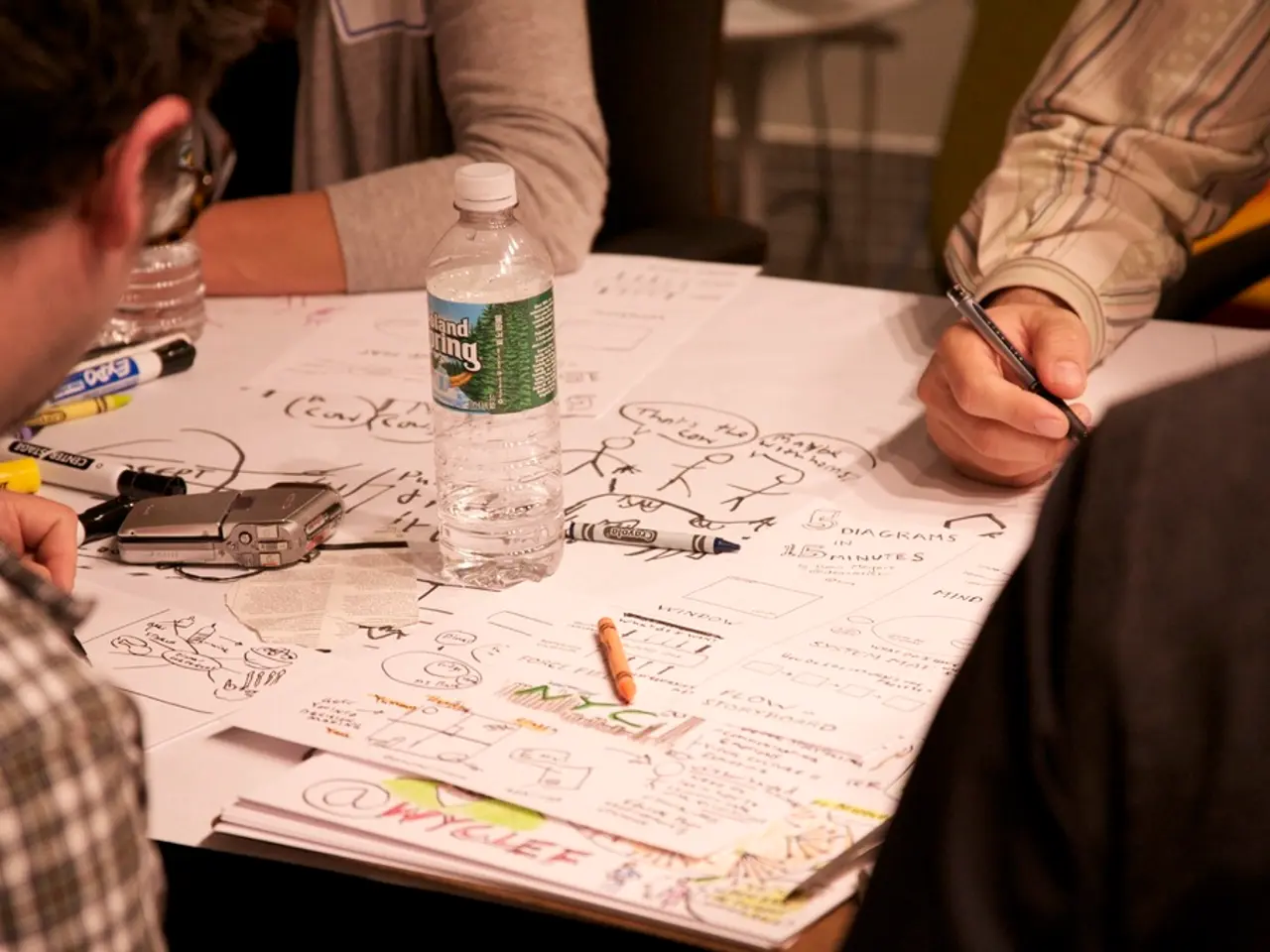Discipline Methods for Parents in Nigeria: Strategies for Raising Well-Behaved Children
In the vibrant and diverse landscape of Nigerian family life, the art of discipline has evolved to strike a balance between cherished traditions and modern, respectful approaches. This shift is crucial in fostering children’s emotional well-being and independence, while maintaining cultural identity.
A fundamental aspect of effective discipline is listening to children's perspectives. Understanding their feelings and viewpoints can help parents tailor disciplinary measures appropriately, ensuring that children learn self-control, respect for authority, and social skills in a manner that resonates with them.
Modern strategies emphasize positive discipline over punitive measures like spanking or physical punishment, which have been traditionally common. This approach encourages guiding children through respect and understanding rather than fear or pain. Respectful verbal and physical treatment helps children develop self-regulation and confidence.
Allowing children to express opinions and even say "no" in appropriate ways fosters healthy communication and emotional intelligence. This balances traditional hierarchical structures with more modern, democratic parenting styles.
Nigerian culture traditionally values respect for elders and authority figures, which can be preserved while adopting supportive discipline methods that are not authoritarian. This includes calmly explaining expectations, setting clear boundaries, and using consequences that teach rather than punish.
Recognizing that children's brains are still developing, Nigerian parents are encouraged to avoid harsh punishments and instead use age-appropriate discipline techniques that promote learning and growth.
Effective discipline techniques in Nigeria involve setting clear boundaries, consistent enforcement of rules, and positive reinforcement. Praising good behavior, setting clear boundaries, and using timeouts or logical consequences are alternative non-violent discipline techniques that encourage good behavior and help children understand which actions are encouraged.
Consistency in discipline is crucial for effective parenting, as it helps children understand boundaries and learn from their mistakes. Open communication fosters trust and strengthens the parent-child relationship, making discipline more effective and impactful.
In the digital age, resources and support for parents who struggle with using non-violent discipline methods are abundant. Parenting books, online forums, parenting classes, therapists, or counselors offer guidance and support. 'Parenting in the Digital Age' is an e-book that guides modern families on tech use, safety, and education.
'Raising Financially Smart Nigerian Kids: 425 Lessons on Money & Entrepreneurship' is an e-book that aims to help parents stop their kids from growing up financially clueless in Nigeria. Incorporating community and family roles, such as extended family and community elders, can still honour the communal aspect of traditional Nigerian discipline while involving relatives in supportive ways rather than enforcing discipline purely through authoritarian means.
In conclusion, effective and culturally sensitive discipline for Nigerian parents today involves combining the respect and community focus of traditional Nigerian values with positive, respectful, and developmentally informed parenting techniques. This balance helps maintain cultural identity while fostering children’s emotional well-being and independence.
- Parenting in the diverse Nigerian landscape prioritizes understanding children's perspectives to tailor disciplinary measures effectively, promoting learning, respect, and social skills.
- Embracing modern strategies, Nigerian parents are moving away from punitive measures like spanking towards positive discipline that encourages respect and understanding.
- Allowing kids to articulate opinions and assert 'no' appropriately fosters healthy communication and emotional intelligence, balancing traditional hierarchies with democratic parenting styles.
- Preserving the respect for elders in Nigerian culture can coexist with supportive discipline methods that eschew authoritarianism for calm explanations, clear boundaries, and teaching consequences.
- Acknowledging the developmental stages of children's brains, Nigerian parents lean towards age-appropriate techniques that promote learning, growth, and emotional well-being.
- Closely related to effective discipline in Nigeria are setting clear boundaries, consistent enforcement of rules, and positive reinforcement, such as praising good behavior or offering timeouts.
- Consistency in discipline is vital for strengthening the parent-child relationship and teaching children about consequences, mistakes, and boundaries.
- Resources and support for Nigerian parents adopting non-violent discipline abound, including parenting books, online forums, classes, therapists, counselors, and e-books like 'Parenting in the Digital Age'.
- Financial education is a significant concern for modern Nigerian parents, with e-books like 'Raising Financially Smart Nigerian Kids' offering strategies and lessons on money and entrepreneurship.
- Involving extended family and community elders in supportive roles can honor the communal aspect of traditional Nigerian discipline, maintaining cultural identity while nurturing children's well-being.
- The future of Nigerian parenting involves a harmonious blend of traditional values and modern, developmentally informed, and respectful parenting techniques to foster children's emotional well-being and independence while preserving cultural identity.




